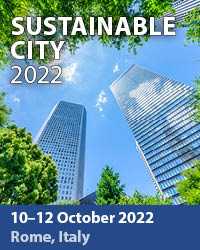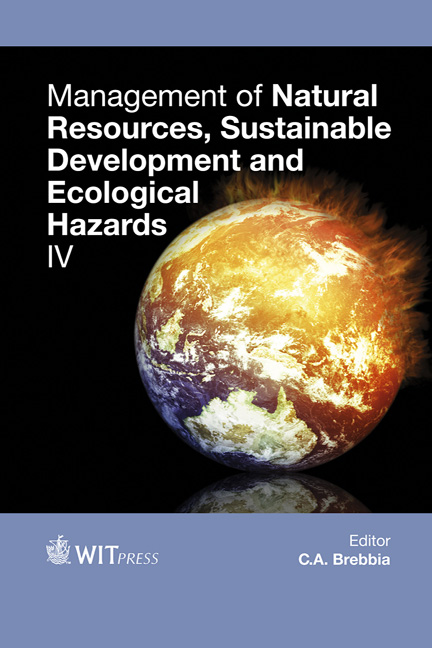Energy Valuation Of Urban Waste: Vega De Granada Case Study
Price
Free (open access)
Transaction
Volume
199
Pages
15
Page Range
167 - 181
Published
2015
Size
589 kb
Paper DOI
10.2495/RAV150151
Copyright
WIT Press
Author(s)
J. M. Fernández, M. Zamorano, A. L. Grindlay, M. I. Rodríguez
Abstract
The EC Directive regarding Municipal Solid Waste (MSW) stipulates that member states should prioritize effective measures for the treatment of residues with a view to developing different forms of valorization, among these energetic. Consequently there is a need to implement management technologies which provide a variety of complementary solutions to recycling and with the aim of avoiding elimination through incineration and landfill.
Different technologies are available for energetic valorization of residues including bio-methanization, pyrolysis, gasification, etc. Each method can be adapted to suit social, ambient, territorial and economic variables. This study provides a cost analysis for 13 municipalities in the province of Granada, Spain, ranging in populations of 300 to 21,500, forming part of a total 93,300 inhabitants, producing 45,000 tons pa of MSW.
Having analyzed bio-methanization, production of Solid Recoverable Fuels (SRF) and gasification, the conclusion is that the introduction of these methods would generate a levy, (council tax) payable by ratepayers/property holders, of 23.29€/t, in the case of gasification and 35.96€/t for SRF production technology. These costs compare favourably to the actual incineration and landfill methods used in this area (circa 42€/t) and would produce net financial and environmental benefits in management costs, reduction in the consumption of fossil fuels and reduction of MSW sent to landfill.
Keywords
municipal solid waste, waste to energy, mass and energy balance, mechanical biological treatment, landfill, anaerobic digestion, solid recovered fuel, gasification, tax





